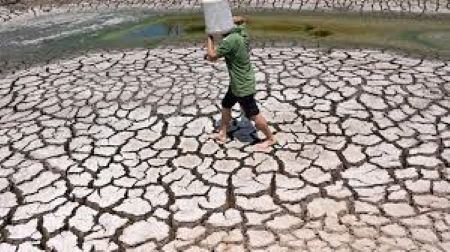Stakeholders in the environment sector are reviewing Nigeria’s current disaster risk policies in order to enhance community resilience.
The stakeholders converged on Abuja at the Policy Review Workshop on Nigeria’s National Disaster Risk Management Plan.
The National Network Coordinator, Climate and Sustainable Development Network (CSDevNet), Mr Abuh Steven, spoke at the workshop on Wednesday.
He said the event was aimed at reviewing Nigeria’s current disaster risk management policies.
Steven, who was represented by the Programme Officer, CSDevNet, Mr Paul Joseph, said that the review identified gaps and fostered collaboration to enhance community resilience.
He emphasised the importance of collaboration to address climate-induced disasters which were on the increase due to climate change and rapid urbanisation.
Steven urged stakeholders to empower themselves with knowledge and tools for disaster preparedness, response and recovery to effectively respond to disasters.
The Director of the Climate Change Ministry of Environment, Dr Abiola Awe said that the unit had been engaging in disaster risk management issues, monitoring and early preparedness for disasters.
Awe, who was represented by Mrs Yemi Bakare, Desk Officer, Risk Disaster Management, assured that the challenges of farming in some parts of the country would also be tackled to ensure food security in the country.
The Director-General of the National Emergency Management Agency, Mrs Zubaida Umar, said that climate resilience in Nigeria required a multifaceted approach to disaster risk management.
Umar, who was represented by Mr Tony Ephraim, Head, of Monitoring, Evaluation, NEMA, said that by prioritising disaster risk management, the country could safeguard its communities.
The Executive Director, of the Centre for Learning and Development (CLD), Mr Arome Agenyi, said that the policy document was for effective disaster management in Nigeria.
Agenyi, who was represented by a Research Fellow, CLD, Dr Blessing Atunbi-Agboli, said that Civil Society Organisations would develop their institutional capacity for disaster risk management as well as establish disaster management volunteers.
He, however, expressed worries that the problem of disaster management response initiatives in the country was worst at the local government level.
NAN



